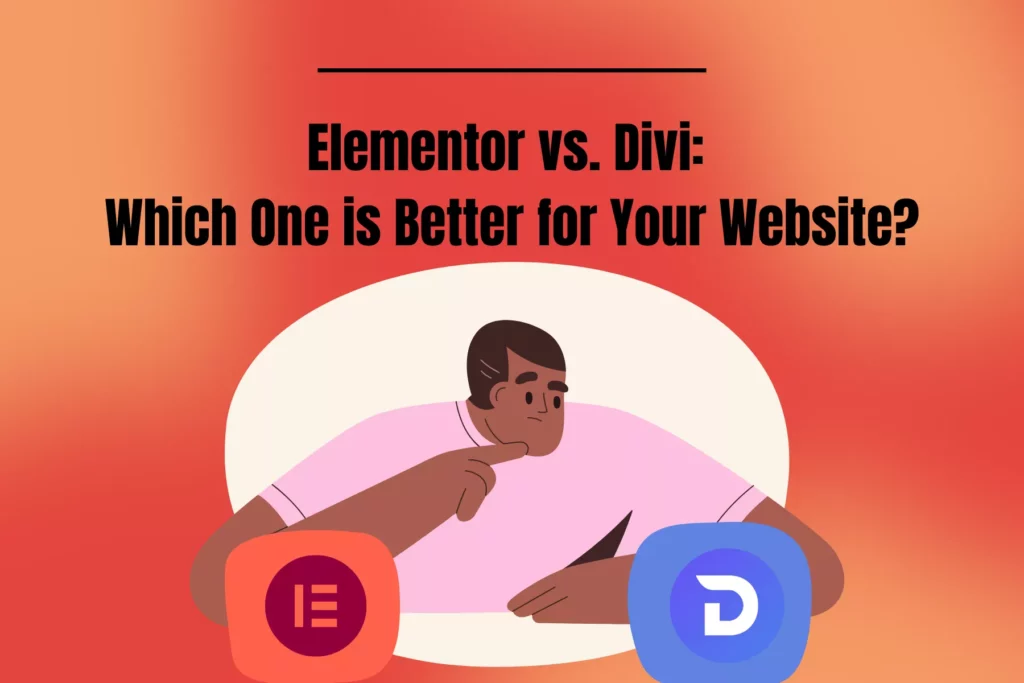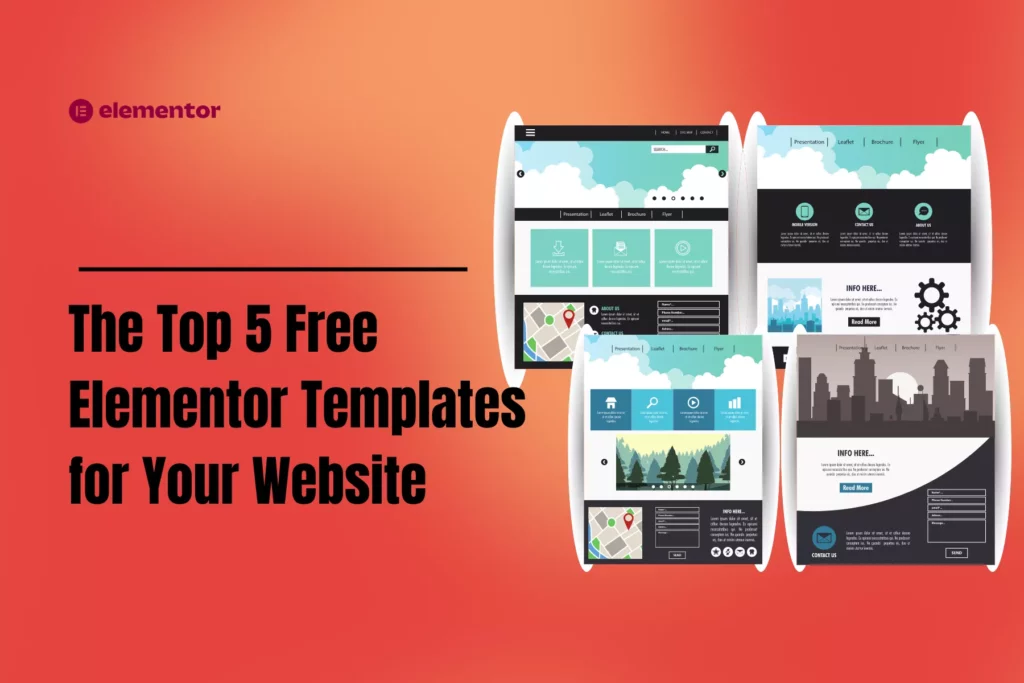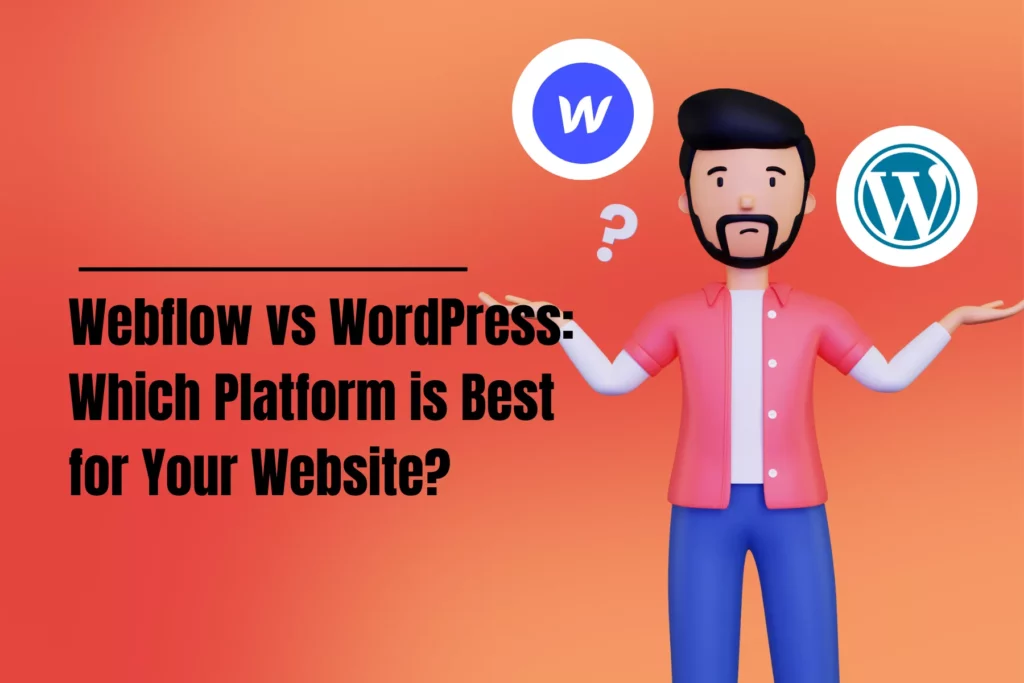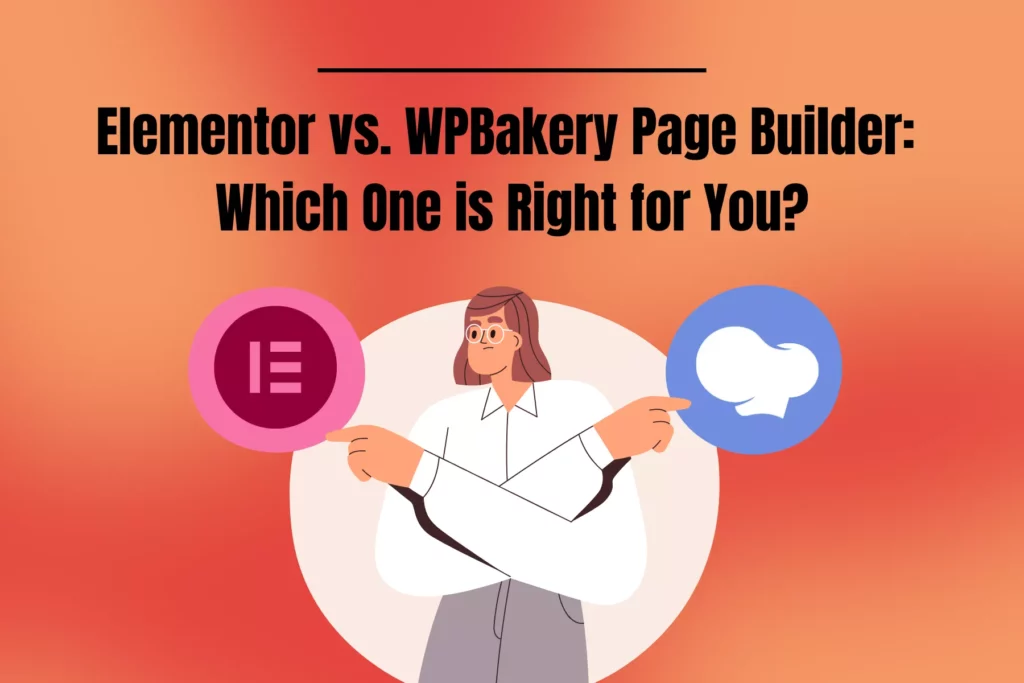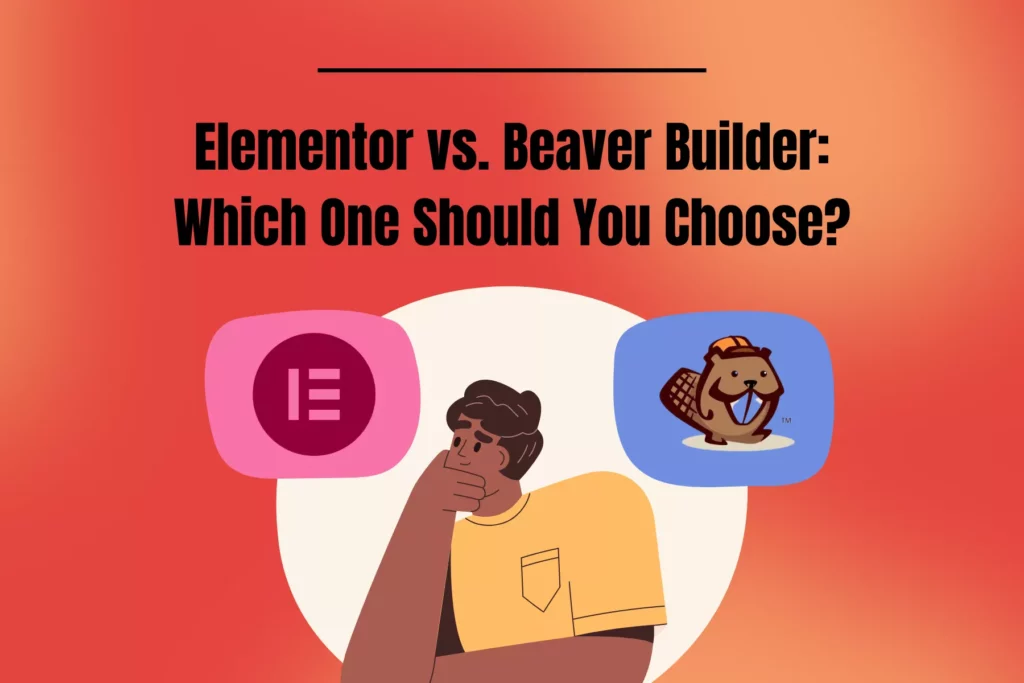Before diving into the comparison, let me provide you with a brief introduction to Elementor and Divi.
Elementor Builder
Elementor is a WordPress page builder plugin that allows you to design custom pages and posts without coding.
It has a drag-and-drop interface, a library of pre-built templates, and a live preview feature that lets you see the changes in real-time. Elementor has a free version as well as a paid version with advanced features.
On the other hand…
Divi Builder
Divi is a popular WordPress theme and page builder that offers a visual editing interface and a library of pre-made templates.
It also has a split testing feature that allows you to test different versions of your website to see which one performs better. Divi comes with a one-time fee and includes access to all future updates and features.
Let’s start dive into their features…
Elementor vs Divi: Features
When it comes to features, both have a lot to offer. Let’s compare them side by side.
Elementor Features ✨
- Drag-and-drop interface
- Pre-built templates
- Theme builder
- WooCommerce builder
- Popup builder
- Global widgets
- Dynamic content
- Mobile responsive
- Third-party integrations
- Custom CSS
*This video is from Elementor website
Divi Features ✨
- Visual editor
- Pre-built templates
- Theme options
- WooCommerce builder
- Split testing
- Global elements
- Dynamic content
- Mobile responsive
- Third-party integrations
- Custom CSS
*This video is from Divi website
As you can see, both Elementor and Divi offer similar features. However, Elementor has a dedicated popup builder and WooCommerce builder, while Divi has a split testing feature that Elementor lacks.
Overall, both Elementor and Divi are easy to use, but Elementor has a slight edge due to its more intuitive interface and live preview feature.
Now, let’s discuss their performance…
Elementor vs Divi: Performance
The performance of a website is critical for both user experience and search engine rankings. In this Elementor vs Divi comparison, let’s look at how they compare in terms of performance, based on my study and experience as of 2023.
Elementor Performance
Elementor has changed the way it loads assets such as CSS and JavaScript files. For example, now prioritizes the loading of important CSS, which is required for the first rendering of a webpage. This shortens the time it takes for a webpage to be useable by users.
Furthermore, for specific assets, Elementor has introduced a method known as “lazy loading.” This implies that assets that aren’t immediately required, such photos or videos that aren’t viewable until the user scrolls down the page, are only loaded when they’re needed.
This decreases the amount of data that must be loaded at the beginning, which can enhance website speed and performance.
Overall, Elementor’s efforts to improve website speed through efficient asset loading may result in improved user experiences and greater website traffic.

*Speed test based on this article, which provides updates on the latest performance of the Elementor Builder.
Divi Performance
Divi performance may be poor at times. You may optimize your code, employ cache and image compression, and use a CDN to make your Divi website quicker.
There are various programs that can aid with website optimization, such as WP Rocket, Smush, and Cloudflare. You may improve the user experience and search engine rankings by optimizing your website’s performance.

*Speed test based on this article , which provides updates on the latest performance of the Divi Builder.
In my experience, Elementor typically outperforms other frameworks owing to its lightweight code and built-in caching architecture. This makes it an excellent solution for website owners that value website performance and load times.
The optimized code of Elementor may assist to guarantee that your website loads quickly, improving user experience and even search engine results.
Finally, the decision between Elementor vs Divi will come down to your own demands and tastes. If you value speed and performance, Elementor may be the superior choice.
If you value design options and customization, Divi could be a better fit. Regardless of the platform you employ, it’s critical to improve your website’s speed and load times, since they may have a big influence on user experience, engagement, and search engine results.
Elementor vs Divi: Pricing
When it comes to page builders, pricing is an essential factor to consider. Elementor and Divi are two of the most popular page builders, and both offer free versions, as well as paid plans with additional features.
Elementor Pricing
Elementor has updated its pricing plans to offer greater flexibility and affordability. The Essential Plan costs $59 per year, the Expert Plan costs $199 per year, and the Agency Plan costs $399 per year.
As a long-term user of Elementor, I was lucky to get the $199/year unlimited website plan, which has saved me time and effort.

Divi Pricing

Overall, the choice between Elementor vs Divi will depend on the specific needs and goals of the user. Those who need advanced features and are willing to pay a higher upfront cost may find Divi to be a better option.
However, those who are on a tighter budget or need only basic features may prefer Elementor’s more affordable plans.
Also, here's a brief comparison table of Elementor vs Divi :
| Feature | Elementor | Divi | Similarities |
|---|---|---|---|
| Visual, drag-and-drop interface | Has a user-friendly interface with a popup builder | Offers a drag-and-drop interface with advanced options | Both offer visual, drag-and-drop interfaces |
| Detailed style options | Has a bigger third-party marketplace for design elements | Comes with layout packs and more templates | Both offer detailed style options |
| Responsive design settings | Has a smaller page size (in one-off test) | Offers responsive design settings | Both offer responsive design options |
| Theme builder functionality | Offers a generous free version | Comes in both a theme and a plugin version | Both offer theme builder functionality |
| Right-click support | Cheaper for a single website | Membership gives access to all Elegant Themes products | Both offer right-click support |
| Pricing | Cheaper to use across multiple websites | One-time payment for lifetime access | N/A |
So now, which do you think you should choose Elementor or Divi?
Elementor and Divi are excellent choices for building custom WordPress websites, and ultimately, the decision comes down to which one best suits your needs and budget when comparing Elementor vs Divi.
Once you’ve made your choice, you can purchase either Elementor Builder Pro or Divi Builder Pro, depending on your specific requirements.
Check out these 5 amazing free templates for Elementor.
Frequently Asked Questions
Divi is a better option for those who want a feature-rich page builder with split testing and a better long-term value. It also comes with a visual editor and a library of pre-made templates.
However, Elementor has a more intuitive interface and live preview feature, making it a great choice for those who want an easy-to-use and lightweight page builder.
Both Elementor and Divi are great page builders, and the answer to this question depends on your specific needs and preferences.
If you are looking for a lightweight and easy-to-use page builder with good performance, Elementor is a great choice. On the other hand, if you are looking for a feature-rich page builder with split testing and a better long-term value, Divi is a good option.
